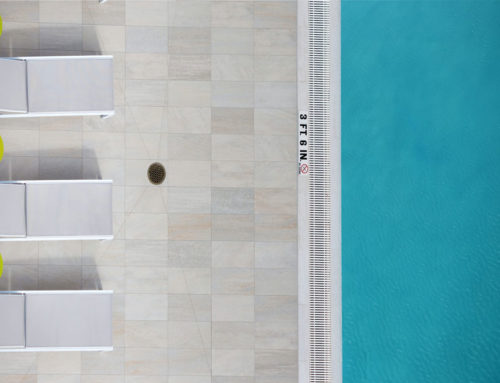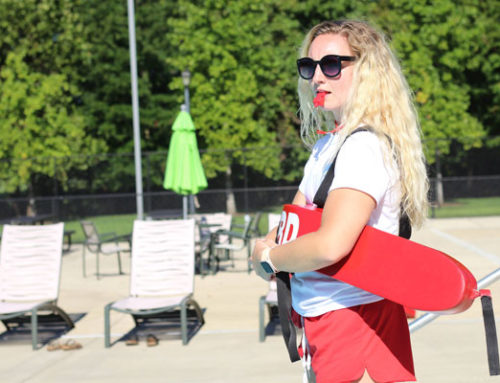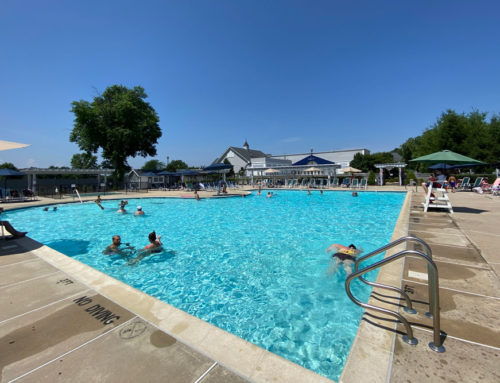Swimming pools across the U.S. often serve a diverse group of patrons, all of whom deserve the best pool management services. There will be children who have splash fights during their birthday parties, athletes who need to practice for competitions and seniors who just want to stay in shape.
Aside from providing a fun way to exercise, swimming is also therapeutic for people who have a wide range of medical issues. This is especially true for children who have special needs, including those on the autism spectrum. However, unlike other children, kids who have special needs require a greater deal of attention so they can stay safe and feel emotionally supported in the water.
At Mount Holyoke College in Massachusetts, a program known as Project Splash was launched to bring swimmers from the school together with children who have special needs and live in the surrounding Pioneer Valley. One college student in the program spoke with Swimming World about how personally fulfilling her participation in the program was.
Activity is beneficial
Many children on the autism spectrum tend to struggle with sensory overload because of their conditions, according to experts from the Super Swimmers Foundation, a nonprofit organization dedicated to teaching swimming to autistic children. This sensory overload makes them prone to repetitive behaviors that distract them. In severe cases, repetitive behaviors can be harmful or distressing to the children or their loved ones.
However, physical activity and sports provide an outlet for autistic children that is both therapeutic and socially beneficial. According to the Super Swimmers Foundation, swimming can help autistic children increase their attention span, reduce the need for repetitive behaviors and provide the same physical benefits it does for other people, such as weight control and cardiovascular fitness.
‘It is a life skill’
At Mount Holyoke College, student swimmers in Project Splash volunteer on Sunday afternoons to provide free one-on-one swimming lessons to children with special needs. Since its founding in January 2013, the program has grown in the number of both volunteers and participating families.
Cathleen Pruden, a junior at Mount Holyoke College, told Swimming World about how important it is that all children, especially those who have certain disabilities, learn how to swim.
“Yes, swimming is what I love more than anything else in the world, but I also know it is a life skill,” Pruden said. “Water safety is essential and it is our long term goal to make all of these children, even the ones who are terrified of the water, water safe. I would love to think that some of these kids might someday fall in love with the sport like I have, but at the very least, we want them to be able to fall off a boat, or let go of a float, and be able to get to the side of the pool, or float and tread water while they signal for help.”
For those who work with autistic children, it’s important to remember that learning this skill can take time and practice, according to the Super Swimmers Foundation. However, considering the benefits, it’ll be worth the effort.






